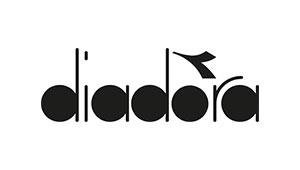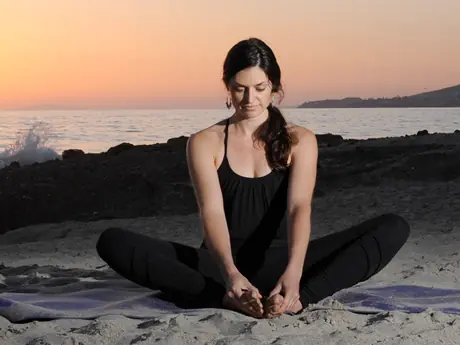Look on the market and there are a dizzying array of sports drinks that promise to help you go longer, get stronger, run faster, and recover better. But what should you drink for your workouts?
Certainly it's important to stay hydrated during exercise. But for the average workout of 60 minutes or less, you typically won't need anything more than water. If you're going longer than an hour, or it's hot and humid outside, then you may need the extra calories and electrolytes that sports drinks provide.
Each individual has different needs based on weight, sweat rate and how hard you're working. Here is what you need to know to stay hydrated.
Stick to Water
Simple water is the best way to go. But if you just can't stomach it, try one of the many flavored, calorie-free waters on the market. Be sure to read the nutrition label and avoid extra calories and sugar. If you want a natural option that's a little tastier, try adding a slice of orange, lemon, lime, grapefruit, a few mint leaves or even cucumber to your water. (Or, try one of these Foods That Keep You Hydrated.)
More: 6 Best Hydrating Foods for Athletes
Stay Hydrated Throughout the Day
This is the best way to avoid a last-minute push to pound fluids before a workout, a sloshy or nauseous feeling while you're on the road, and unwanted pit stops on your run. So sip small amounts of water or calorie-free beverages throughout each day. A good rule of thumb is to aim to drink half your body weight in ounces daily. So if you weigh 200 pounds, aim for 100 ounces throughout the day. If you weigh 150 pounds, aim for 75.
More: 4 Common Hydration Myths
Do the Bathroom Check
When you're adequately hydrated, your urine will be the color of pale lemonade or straw. If it's clear, you're drinking too much. If it's the color of apple juice, drink more.
Drink When You're Thirsty
That's the advice from the International Marathon Medical Directors Association and Tim Noakes, M.D., author of Waterlogged: The Serious Problem of Overhydration in Endurance Sports. The body's thirst mechanism is exquisitely tuned to tell you when you need to hydrate.
- 1
- of
- 3
Get ACTIVE on the Go


Couch to 5K®
The best way to get new runners off the couch and across the finish line of their first 5K.
Available for iOS | Android







Discuss This Article